The past month has been quite dramatic for stakeholders in the Lagos transport sector (investors, service providers and commuters). First, the Lagos Government (LASG) announced a ban on motorcycles and tricycles from certain LGA’s and major highways. Then, a subtle campaign to enforce some compliance on Bolt/Uber drivers followed.
The team at Technext has done well to capture the updates as they occurred. And, the reactions to these events by citizens, both those residing in the state and outside, have been very frenzied, especially on social media.
These include some outright conjectures, real anger, deep disappointments and sometimes, insults. Hence, I feel there is a need to highlight some facts before they are lost on us.
PS: This is not in defence of the Lagos government or any other entity. I have written things as they appear to me. It is not a Technext editorial. Importantly, if you are not very cool with reading contrary views, please save yourself the stress!
Having sorted that, let me start by establishing this:
Government is Government, Everywhere!
The only difference between countries where things work and countries where things don’t is the strength of the accountability framework between leaders and the led. That is, who decides who becomes leader, and how much power the people have to reward good leaders and punish bad ones.
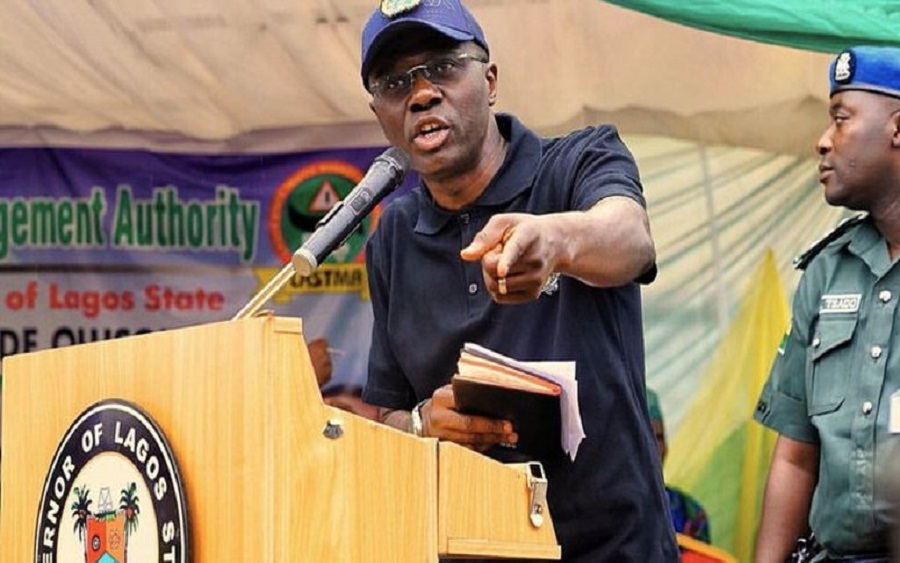

The implication? Any good mayor can become bad if he has to function in a system where he can get away with anything. The same way an average Nigerian politician will work for the people if they are elected in a clime where transparency and deterrence are supreme.
My point is, the claim that Lagos State Governor, Babajide Sanwoolu, is heartless or being influenced by a cabal, however good it makes us feel, is actually weak. If Sanwoolu is truly bad, it is because the system that entrenched him is weak. And, the only way to remedy that is to hold him accountable using the powers that we have.
Lagos Government is not alone in this…
The challenge of regulating new tech players is a global concern. These new businesses are disrupting traditional players and eroding established sources of government revenues.
The bigger problems are that these major tech companies cannot be entirely classified by business categories. Hence, existing regulations cannot entirely hold them to any standard.
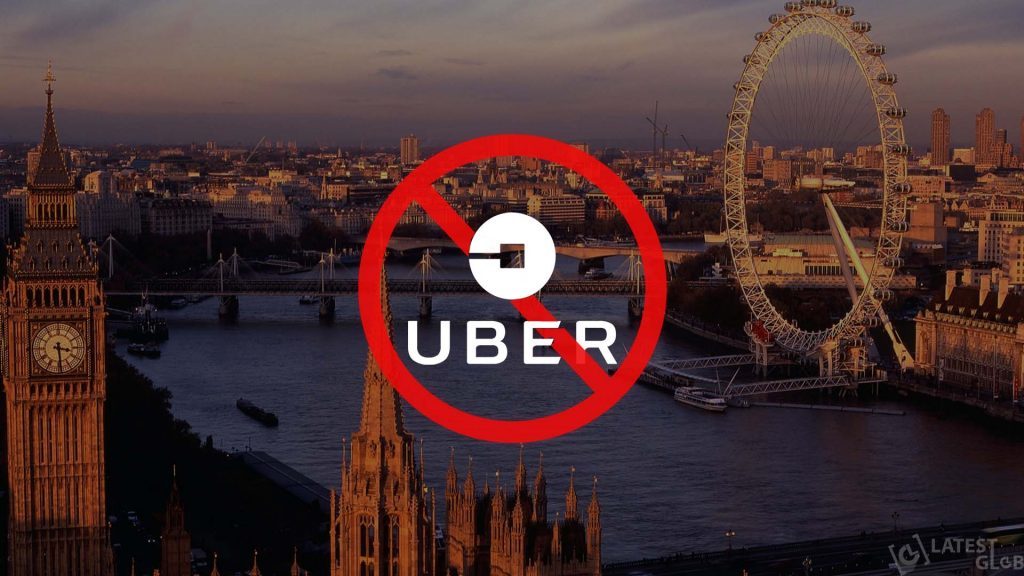

As a result, governments, even in saner climes are continuously modifying their laws to be able to accommodate these new disruptors without necessarily disrupting their innovations. Even if they started out unfettered, cities have always caught up with some sort of regulations.
I give you examples…
November last year, local taxi regulator Transport for London (TfL) announced that it would not extend Uber’s license to operate in the city. According to the TFL, Uber’s “pattern of regulatory breaches” made it unfit to operate in London.
Uber isn’t a sole target: TfL had shut down Taxify for operating inappropriately two months before.
In September last year, California’s Governor, Gavin Newsom signed a bill known as AB 5 that requires Uber and Lyft to hire drivers as employees, not independent contractors. This was an attack on the basic structure of the ride-hailing apps business model: connect riders and drivers, own no liabilities.
When the Lagos Government clamped-down on the bike hailing platforms (Opay, Gokada, Maxgo etc), it cited 2 key reasons, among many others, security and road safety. None of this is bad if they are sincere.
The reasons are no different from those that TFL and the Californian government gave. TFL says Uber isn’t safe because users reported thousands of security incidents. The Californian government simply wanted its denizens to earn a minimum wage for the work they do
From the inception of civilization, governments have always interfered in business and innovation. Depending on the intentions of the government, this could be enabling or disabling.
Why Lagos seems different…
The way I see it, there are two key factors that make our case in Lagos distinct from other climes:
The first is that the Lagos government has a chequered history of inflicting unremitting hardship on its citizens without remorse. Somehow, every administrator had some sort of trademark hardship he introduced.
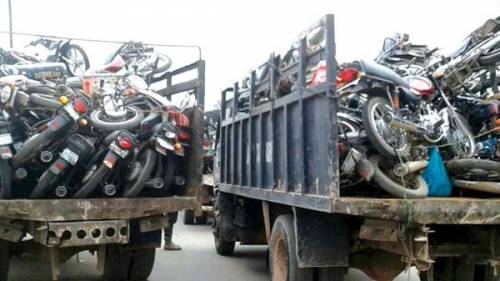

The first democratic governor, Mr Tinubu had schools shut down for weeks in the name of some reformation in the service. His successor, Mr Fashola was renowned for being the originator of the bike-bans. Mr Ambode took away the waste disposal system without a thoughtful replacement.
So, folks may be right to assume that this might be Sanwoolu’s trademark. This makes more sense when you look at the swiftness of the action in spite of the outcry.
The second peculiarity of the Lagos situation is the fact that the Lagos government did not make provision for an alternative for its residents. The public transport system is grossly inadequate. People were left to suffer the consequence.
If the law had been about the people, perhaps a tight provision would have been made for their survival.
On the legality of the law…
True the Lagos State Road Traffic Law of 2012 (enacted during the tenure of the then governor, Babatunde Fashola) exempted bikes with 200 cubic centimetres (cc) engine capacity and above from the highway ban. The purpose of the law was to allow private power-bike owners and dispatch riders to operate.
At that time, Gokada, Oride and the others were not a part of our lives. The phenomenon of bike-hailing can be traced to when Maxgo pioneered in 2015. What followed was the entrance of a more dynamic Gokada and a more visible Oride. The result: We had a growing group of old Okada riders on new engines!
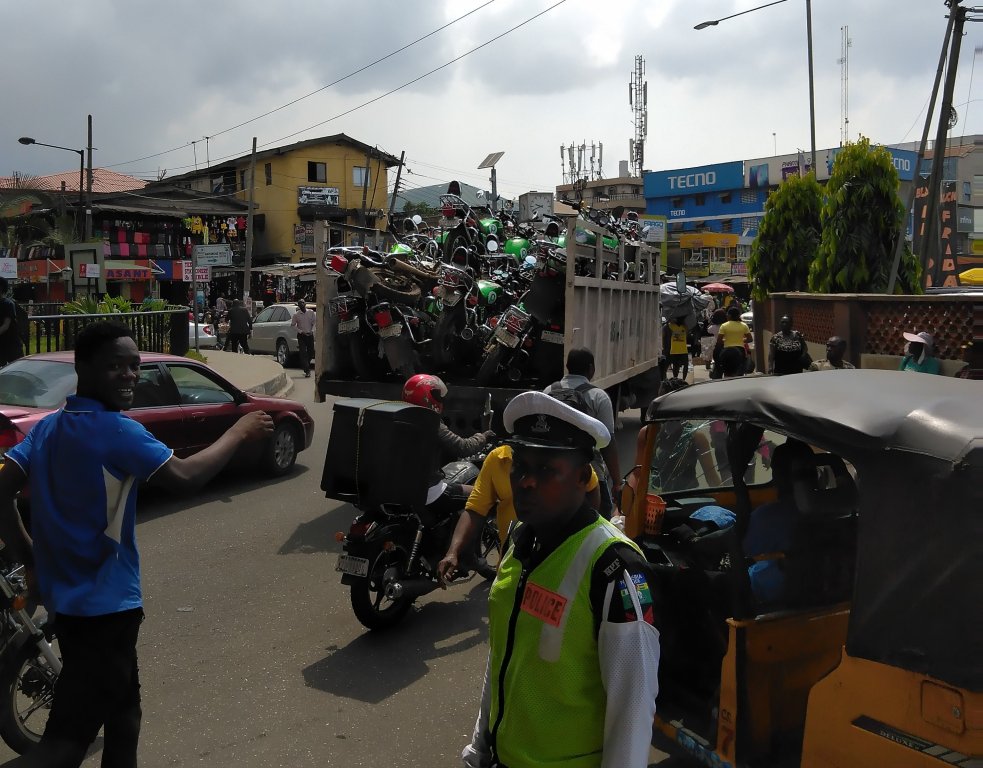

The response now is to end that growing trend.
If we choose to argue that the law allowed bikes above the 200cc capacity to operate in the state, we should recall that the same law indicates in Section 38 that “the Commissioner may make regulations providing for any matter necessary for the purpose of controlling the use of motorcycles and tricycles in the State.”
That section basically gives the Lagos government the power to tinker with the regulations to suit their intents. Thus, you can expect the government to invoke this section if a situation not covered in the law arises.
Let us Imagine that things went as they were…
Let us imagine that Gokada and Oride continued to enjoy the gains of the traffic situation. Let us imagine that the ride-hailing companies grow their pool of bikes by an average of 10% per annum. Let us also imagine that other players get to join the fray…
How many bikes will be on Lagos roads by 2025? How safe will the roads be? How many major cities of the world have such a population of bikes dominating their streets?
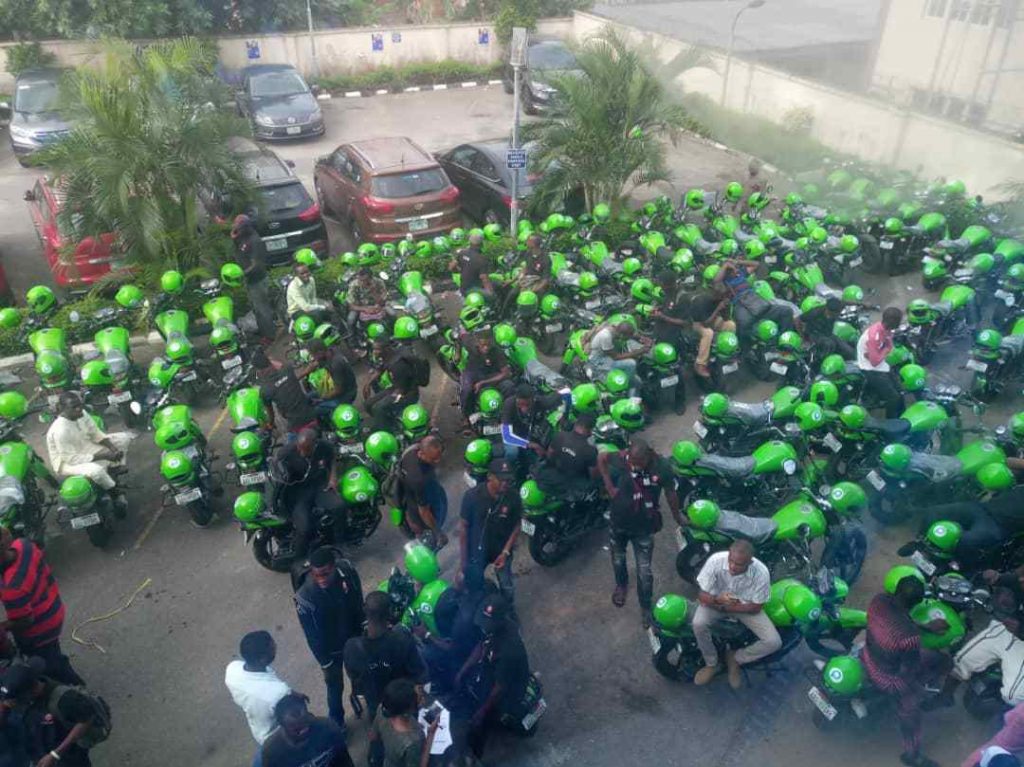

The truth is the bikes are good for beating the traffic today. They are not the safest form of transport for today. They are not the best for maintaining law and order tomorrow too. If you were to be the governor of the state today, having that population of bikes around will be a major concern for you as well.
Think about it.
investment, investment destination, what about it?
A number of folks were genuinely pained for investors that had banked on the growing bike-hailing companies.
Recall that Max.ng had raised $7 million from Novastar Ventures. Gokada raised $5.3 million in a series led by Rise Capital and Opay had $50 million from Opera to operate with.
The truth is investors are not emotional folks. They follow where the money leads. If Lagos gets better by the draconian feats of the present administration and investing in business here will be more profitable for them, they will always come here.
So, just relax.
By the way, I am a fan of raises and investment. They are good for the ecosystem. The truth is some things are not as they appear.
People inflate the sums they have raised to look good. Some folks announced but they don’t receive the cash. Some raises are actually cash guarantees (an assurance that you will get a sum when you need it). In many instances, the monies raised are resident in foreign accounts and only disbursed directly to projects
So, the concept is often obfuscated (in some cases, deliberately) to suit narratives. The truth is businesses that are creating value and making a profit are still getting funds.
If you know, you know…
Social Media Activism does not cut it…
Just to be clear, I am a firm believer in social media commentary. I follow a number of bright minds on Twitter, especially those that have continuously shaped my thought on many issues.
My argument is that online activism has its limits. The best we have achieved is rebuttals by media aides and some cosmetic changes. Even when we have wins like #EndSARS, it is shortly upturned.
The reason is major decisions in the Nigerian political space are not made on the premise of logic and the common good. Major decisions are made on the premise of loyalty, personal gains and interest of the ruling cabal. If you are not in the room or have a mouth in the decision room, your protests are mere bants.
If truly the people whose opinion and decisions will impact the chances of the governor getting a smooth first term and secure a second term ticket is Jagaban and Oluomo, he will value their interest above that of Gokada or of its contemporaries. Full stop!
Advocacy and political participation is key…
Ask yourself, who did Governor Sanwoolu consult before making a decision on bike-hailing platforms? Who decided that they should be placed in the same basket as the regular commercial motorcycles?
If that person had been a key tech player or tech investor will the outcome have been the same?
Let us talk about small scale politics: if Yaba was considered the tech capital of Nigeria, who decided who becomes the Local Government Chairman or Police Chief?
As long as players within the Nigerian tech space keep the belief that politics are for the less intelligent, the players will keep scuttling our strides with their major gaffes.
I will suggest we consider two action points:
First, we must form a formidable (non-regulatory, not the conventional associations) union that will push an agenda that will compel the government to give tech players the leverage to excel.
The second: individuals within the space must consider taking appointments and contesting elections beginning from the grassroots. We should influence power for our own good.






